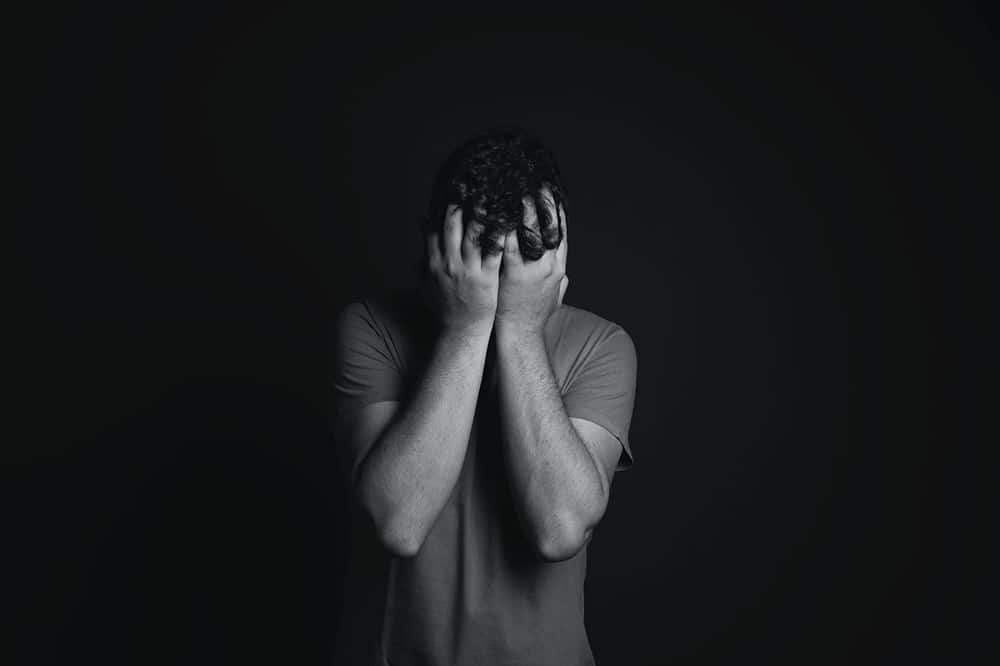
When most people think about abusive relationships, physical harm is usually the first thing that comes to mind. While physical abuse can be horrifying and should receive all the attention it gets, emotional abuse is frequently overlooked.
In many cases, emotional abuse can be as harmful, hurtful, and damaging as physical abuse. It may not leave visible bruises or marks behind, but it can leave lasting internal scars.
The ongoing effects of emotional abuse can cause a person to struggle with anxiety, depression, fear, and other mental health conditions.
If you’re in an intimate relationship, how can you recognize the signs of emotional abuse? What should you do about it?
Most Common Signs of Emotional Abuse
Emotional abuse can show up differently in relationships, depending on how the abuser chooses to approach it. Some of the most common signs include:
- Humiliation and criticism: Are they dismissive of who you are or your ideas or opinions? Do they criticize your character?
- Control and shaming: Do they make threats and try to order you around? Do they try to control everything you do, including how you spend your money, time, and energy?
- Accusing/blaming: Does everything automatically become “your fault”? Do they refuse to take responsibility for their actions or behaviors?
- Isolation: Does the control go so far that they keep you from seeing friends and family while providing no affection, themselves?
Emotional neglect is also often a huge part of emotional abuse. Your abuser may try to take everything from you, from a psychological standpoint. But, they will offer nothing to “make up” for it, neglecting how you feel even when they are the source of the problem.
What Are the Risks of Emotional Abuse?
Living in an emotionally abusive relationship can create both short-term and long-term effects. Many times, those dealing with emotionally abusive relationships can be in denial about it. That’s why it’s so important to recognize some of the most prominent signs. Still, the effects of the abuse are undeniable.
Short-term Effects
Some of the short-term effects include fear, hopelessness, and also shame. Getting out of that relationship may help by immediately eliminating the danger of continued emotional abuse. The recovery from feelings of fear, hopelessness, and shame may take time. It’s also important to process through the effects of the relationship to prevent entering another harmful relationship in the future.
Long-term Effects
The long-term effects of emotional abuse are usually far more severe. As stated above, spending time in an emotionally abusive relationship can contribute to feelings of anxiety and may even cause depression. It can deplete your self-esteem and cause you to struggle with your own identity.
In some cases, the long-term effects can manifest themselves physically. Some people develop chronic pain as a result of their anxious thoughts. Others will socially withdraw and experience loneliness because, despite how horrible an abusive relationship is, they have grown used to the abuse and need to re-learn how to live freely and regularly.
How to Get Help
If you are in an emotionally abusive relationship, recognizing some of the signs is vital. When you understand them, you can stop any denial you might be dealing with and acknowledge that the way you’re being treated isn’t okay.
Emotional abuse can be just as dangerous and damaging as physical abuse. If you find yourself in that kind of relationship, you need support.
——–
If you are wondering if you are in relationship that is emotionally abusive, you are not alone. You can contact a therapist to help you work through some of the challenges you’re facing, so you can decide on the best next steps for your life.
Whether you are currently in a harmful relationship, or are recovering from the effects of one, please contact us today for support. Serenity EFTC provides couples counseling in Colorado.
